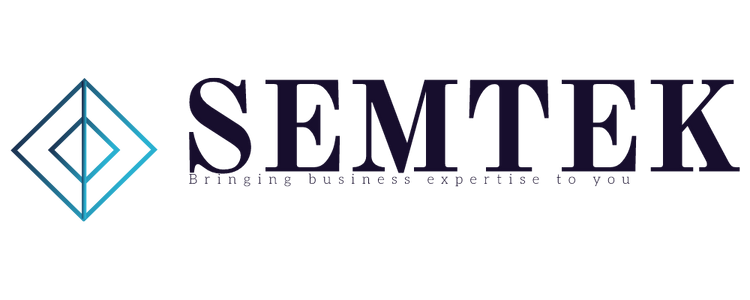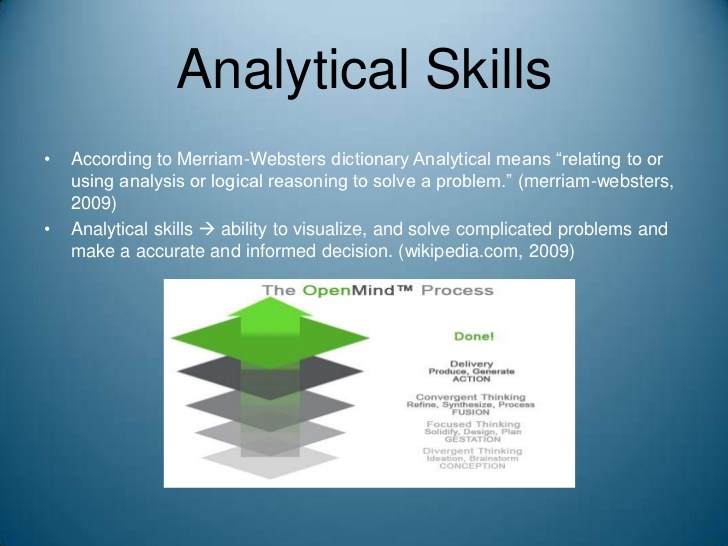Definition & Examples of Analytical Skills
Analytical skills refer to the ability to collect and analyze information, problem-solve, and make decisions. Employees who possess these skills can help solve a company’s problems and improve its overall productivity and success.
The adjective, analytical, and the related verb analyze can both be traced back to the Greek verb, analyzing — “to break up, to loosen.” If you are analytical, you are good at taking a problem or task and breaking it down into smaller elements in order to solve the problem or complete the task.
Learn more about analytical skills and how they work.
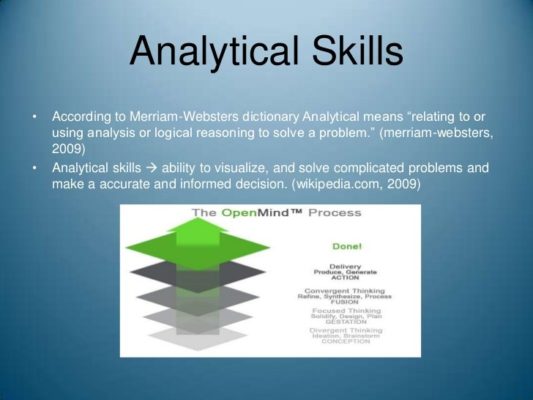
What Are Analytical Skills?
Employers look for employees with the ability to investigate a problem and find the ideal solution in a timely, efficient manner. The skills required to solve problems are known as analytical skills.
You use analytical skills when detecting patterns, brainstorming, observing, interpreting data, integrating new information, theorizing, and making decisions based on the multiple factors and options available.
Solutions can be reached by clear-cut, methodical approaches, or through more creative techniques. Both ways of solving a problem require analytical skills.
How define analytical Skills Work
Most types of work require analytical skills. You use them to solve problems that may not have obvious solutions or that have several variables.
Let’s say you’re the manager of a restaurant and have been going over budget on food for the past two weeks. You review the menus and what customers have ordered along with food costs from your suppliers.
You see that the cost of seafood has increased over the past two weeks. When you talk to the supplier, they explain that there’s been a disruption in the supply chain due to weather. They’ve increased costs to compensate. You decide to reduce your seafood order to lower costs and work with your chef to develop new specials that take advantage of other protein options.
In this example, you used analytical skills to review data from different sources, integrated new information, and made a decision based on your observations.
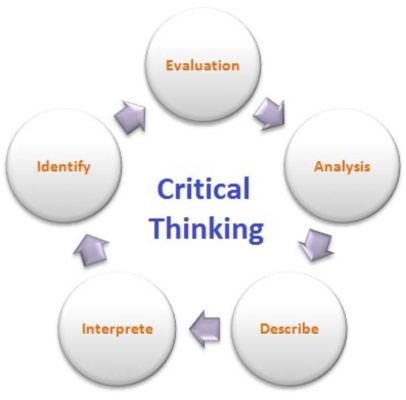
Define analytical intelligence?
Basically, analytical intelligence is the detailed analysis of the information collected by the company. The purpose of this verification is to have accurate information on the business processes, that is, to acquire references that will later help in planning actions and strategies.
In other words, in analytical intelligence raw data is converted into useful information. Note that this data can be collected not only from company processes, but also from external sources.
Analytical intelligence is important because it provides the material needed for the company management to make more informed decisions. In that sense, just collecting the data and saving them without any kind of analysis is a useless process.
There must be a tool that can assess the quality of this information, in order to know what is worth keeping or not. Therefore, it is a great ally for the development of strategies, projects and objectives.
Define analytical or Analytical – What’s the difference?
Analytic is a related term of analytical.
As adjectives the difference between define analytical and analytical is that analytic is of, or relating to any form of analysis, or to analytics while analytical is of or pertaining to analysis; resolving into elements or constituent parts; as, an analytical experiment.
Types of Analytical Skills
The best analytical skills to highlight on a resume depend on the position you’re applying for. Here are five skills to consider define analytical
Communication
Analysis only goes so far if you can’t share and implement your findings. You need to be an effective communicator to discuss the patterns you see and your conclusions and recommendations.
Analytical communication skills include:
- Problem sensitivity
- Active listening
- Reporting
- Surveying
- Teamwork
- Oral communication
- Written communication
- Conducting presentations
Creativity
Analyzing information often requires a creative eye to spot trends in the data that others may not find. Creativity is also important when it comes to problem-solving. The obvious solution is not always the best option. Employees with strong analytical skills will think outside the box to come up with effective solutions to big problems.
Creative skill sets include:
Budgeting
Brainstorming
Collaboration
Optimization
Predictive modeling
Restructuring
Strategic planning
Integration
Critical Thinking
Critical thinking refers to evaluating information and then making a decision based on your findings. Critical thinking is what helps an employee make decisions that help solve problems for a company. It may include:
Process management
Auditing
Benchmarking
Big data analytics
Business intelligence
Case analysis
Causal relationships
Classifying
Comparative analysis
Correlation
Decision-making
Deductive reasoning
Inductive reasoning
Diagnostics
Dissecting
Evaluating
Data interpretation
Judgment
Prioritization
Troubleshooting
Data Analysis
No matter what your career field, being good at analysis means being able to examine a large volume of data and identify trends in that data. You have to go beyond just reading and understanding information to make sense of it by highlighting patterns for top decision-makers.
There are many different types of data analysis, but some of the most common ones in today’s workplace include:
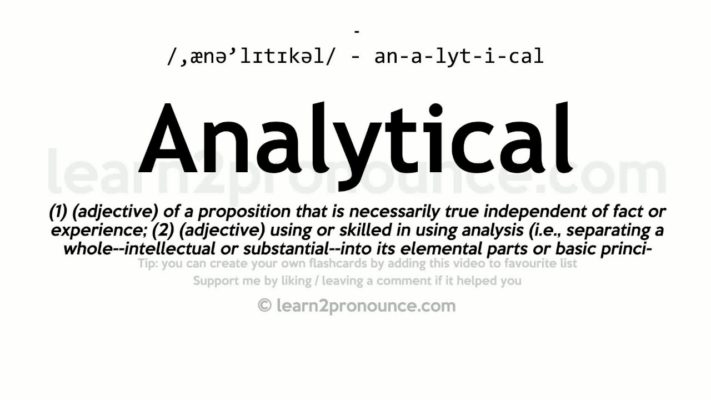
Business analysis
Strengths, weaknesses, opportunities, and threats (SWOT) analysis
Cost analysis
Credit analysis
Critical analysis
Descriptive analysis
Financial analysis
Industry research
Policy analysis
Predictive analytics
Prescriptive analytics
Process analysis
Qualitative analysis
Quantitative analysis
Return on investment (ROI) analysis
Research
You must learn more about a problem before you can solve it, so an essential analytical skill is being able to collect data and research a topic. This can involve reviewing spreadsheets, researching online, collecting data, and looking at competitor information, define analytical
Analytical research skills include:
- Investigation
- Metrics
- Data collection
- Prioritization
- Checking for accuracy
Highlighting Analytical Skills
Analytical skills are sought after employers, so it’s best to highlight these skills when you’re applying and interviewing for jobs. Consider:
Adding relevant skills to your resume: Keywords are an essential component of a resume, as hiring managers use the words and phrases of a resume and cover letter to screen job applicants, often through recruitment management software.
Highlighting skills in your cover letter: Mention your analytical skills and give a specific example of a time when you demonstrated those skills.
Provide examples in your job interview: They can be from past work, volunteer, or school experiences.
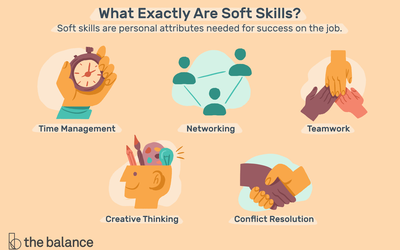
Key Takeaways
Analytical skills refer to the ability to collect and analyze information, problem-solve, and make decisions.
You use analytical skills when detecting patterns, brainstorming, observing, interpreting data, and making decisions based on the multiple factors and options available to you.
Most types of work require analytical skills. You use them to solve problems that may not have obvious solutions or have several variables.
There are many types of analytical skills, including communication, creativity, critical thinking, data analysis, and research.
Highlight and provide examples of your skills in your resume, cover letter, and interviews.
Related keywords:
- Oxfordenglishlearner
- English Dictionary
- The Oxford Online Dictionary
- Oxford collocation dictionary online
- En oxford dictionary
Related post:
